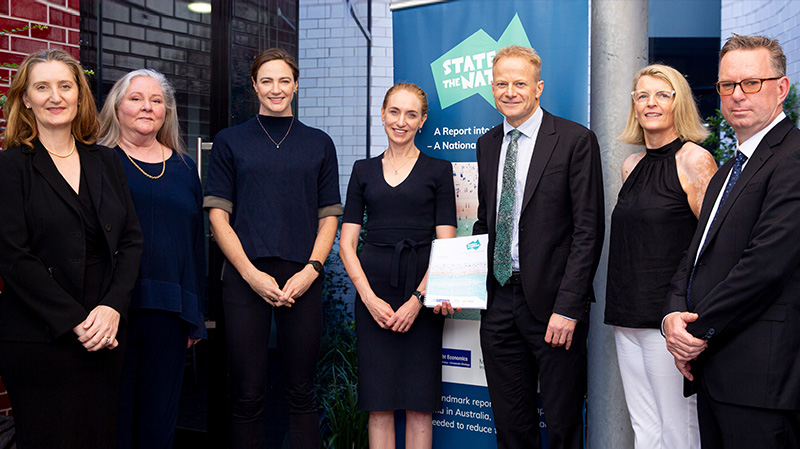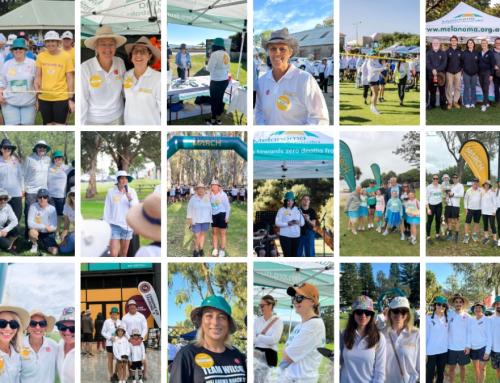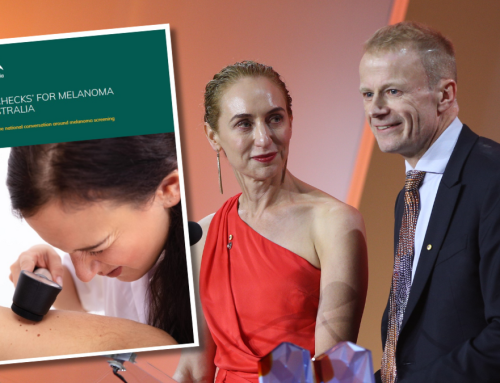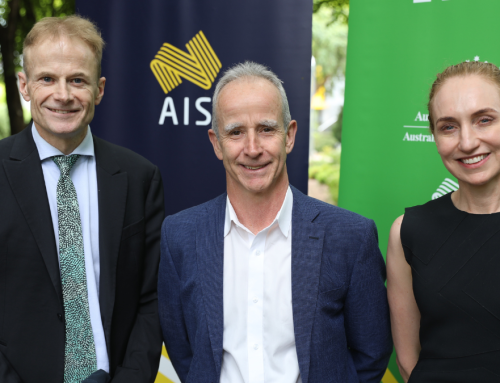The Morrison Government’s failure to include long-term funding for a national melanoma awareness and prevention campaign in its 2022 Federal Budget is a missed opportunity which may ultimately cost lives.
Melanoma claims more Australian lives each year than the national road toll, yet the Federal Budget fails to provide critical funding to target young Australians with life-saving sun safety and melanoma prevention messages.
‘Melanoma is largely preventable, but sadly, it remains the most common cancer impacting 20 to 39-year-old Australians,’ said MIA Co-Medical Director Professor Richard Scolyer AO. ‘We urgently need long-term government funding to reach this demographic with a modernised version of the Slip Slop Slap campaign, which is now some 30 years old,’ he said.
‘Last night’s Federal Budget was a missed opportunity for the Morrison Government to take the impact of melanoma on young Australians seriously, and invest in saving lives in the future,’ added MIA Co-Medical Director Professor Georgina Long AO. ‘Prevention is better than a cure, and the commitment to prevention and early detection campaigns needs to be generational.’
The call for long-term investment in a national prevention and early detection awareness strategy was one of 25 recommendations outlined in the landmark State of the Nation – A Report into Melanoma, A National Health Priority released last month and officially launched by the Federal Minister for Health.
The independent Report by Insight Economics was jointly commissioned by Melanoma Institute Australia (MIA) and Melanoma Patients Australia (MPA). It found that without critical action being taken, by 2030 a further 205,000 Australians will be diagnosed with melanoma and 18,000 will die from the disease, costing the nation $8.7 billion.
Australia has the highest melanoma rates in the world, and MIA is seeking urgent government support to implement 25 separate recommendations outlined in the report, including:
- Long-term investment in a national prevention and early detection awareness strategy
- Improved sun-safety in secondary schools and on sporting fields
- Funding for a national melanoma nurse support service.
‘The hard work has been done and the roadmap is there – we now need government to take action and invest in saving lives from melanoma,’ said Professor Long. ‘The upcoming Federal election campaign is a perfect opportunity for political parties to address this lack of funding.’
‘Every year we wait for government funding means more lives lost to melanoma and 16,000 Australians impacted by the disease,’ said Professor Scolyer. ‘Government has a moral obligation to afford melanoma the same importance and investment as road safety. Now is the time for action.’






Leave A Comment